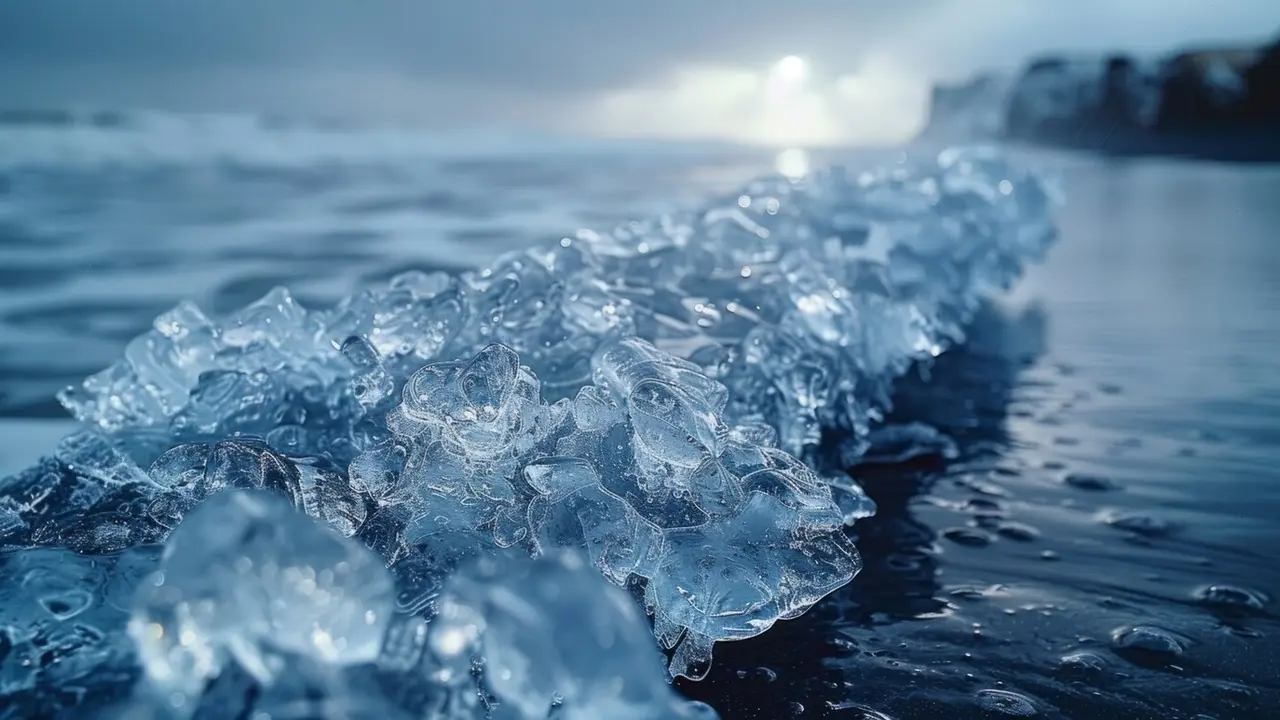Updated 8 March 2025 at 12:14 IST
Breakthrough: Scientists Discover Mysterious Fourth Form of Water 'Plastic Ice VII' That Could Exist on Alien Worlds
This new water, known as "plastic ice VII," has surprised the science fraternity and opened up new possibilities for understanding the behavior of water...
- Science News
- 2 min read

Science: In a surprising discovery scientists have identified a mysterious fourth form of water that could potentially exist on alien worlds. This new water, known as "plastic ice VII," has surprised the science fraternity and opened up new possibilities for understanding the behavior of water under extreme conditions.
The Discovery of Mysterious Water
The discovery was made by an international team of researchers using high-caliber instruments, the team created plastic ice VII by subjecting water to pressures of up to 6 gigapascals and heating it to temperatures as high as 327°C (620°F). This process confirmed a 17-year-old prediction that hydrogen atoms within ice VII swivel at a microscopic level when exposed to high temperatures and pressure.
Unique Properties of Plastic Ice VII
Plastic ice VII exhibits properties of both liquid water and solid ice, earning its name due to its unique interwoven structure. The hydrogen atoms in this form of water are somewhat disordered, leading to a different molecular rotation mechanism than initially expected. This discovery was made possible through quasi-elastic neutron scattering (QENS), a method that tracks the movement of tiny particles like hydrogen atoms.
Advertisement
Moon and Beyond
The existence of plastic ice VII has significant implications for our understanding of icy planets and moons in our solar system and beyond. Researchers believe that even the icy planets such as Neptune, Uranus, or Jupiter's moon Europa might have harbored plastic ice VII in the past. This discovery could further our understanding of the geodynamics of icy planets and the differentiation processes of large icy moons.
Advertisement
Discovery of Plastic Ice
The discovery of plastic ice VII not only enhances our knowledge of water's behavior under extreme conditions but also opens up new avenues for research in planetary science. After studying this new form of water, scientists can gain insights into the potential existence of similar forms on other celestial bodies, thereby expanding our understanding of the universe.
Published By : Rishi Shukla
Published On: 8 March 2025 at 12:14 IST
